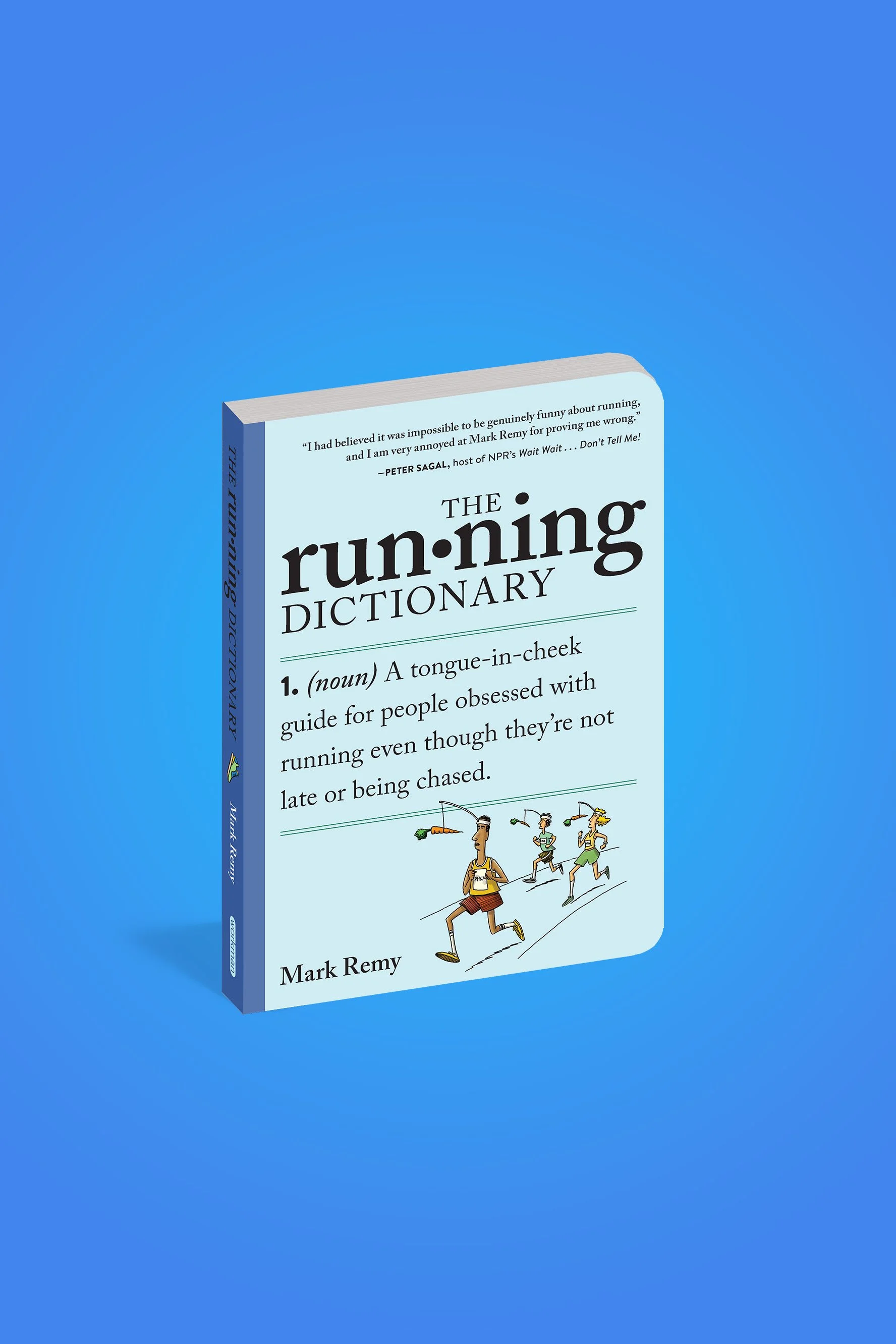Distance Running Destroys Lungs, Says Study
/It's well known among people who read headlines on the internet that running—particularly at long distances, such as the marathon—is loaded with Hidden Health Risks. It wrecks knees, causes arthritis, damages the kidneys, and, sooner or later, causes sudden cardiac death.
As it turns out, running also carries a Hidden Health Risk for your lungs.
According to a press release that we just skimmed, a recent study found 91 percent of runners at last year's Fresno Marathon showed signs of a respiratory condition called tachypnea. The study is published in this week's issue of The American Journal of Hidden Health Risks.
Tachypnea has been linked to blood clots in an artery in the lung; chronic obstructive pulmonary disease (COPD); heart failure; and pneumonia, among other things. In addition, there is a strong positive association between tachypnea and runners who suffer heart attacks during a marathon. (See our previous article, "Heart Attacks: Running's Hidden Health Risk?")
“I often see tachypnea in the emergency room.”
"I often see tachypnea in the emergency room," said David St. Hubbins, M.D., a physician and lead author of the study, in an isolated comment that we copied from the press release and that we will not even try to put into context for you, because frankly we have neither the time nor the inclination.
While the sample size was small—11 runners, chosen at random—researchers say they hope their work will add to a larger discussion on marathon running's Hidden Health Risks.
"It is important to remember," Dr. St. Hubbins wrote, in a conclusion that we also copied and pasted here, without really reading, because we're very busy, "that these findings are quite normal and expected. Although it sounds scary when you use a word like tachypnea, particularly in a brief article cranked out by an overworked and underpaid reporter who either can't be bothered to worry about concepts like nuance and relative risk, or simply doesn't care, because he knows that slapdash hyperbole will outperform careful, honest reporting every day of the week and twice on Sunday."
"Unfortunately, most people won't even bother reading the article itself, opting instead to just react to the headline on social media before moving on to something else."



